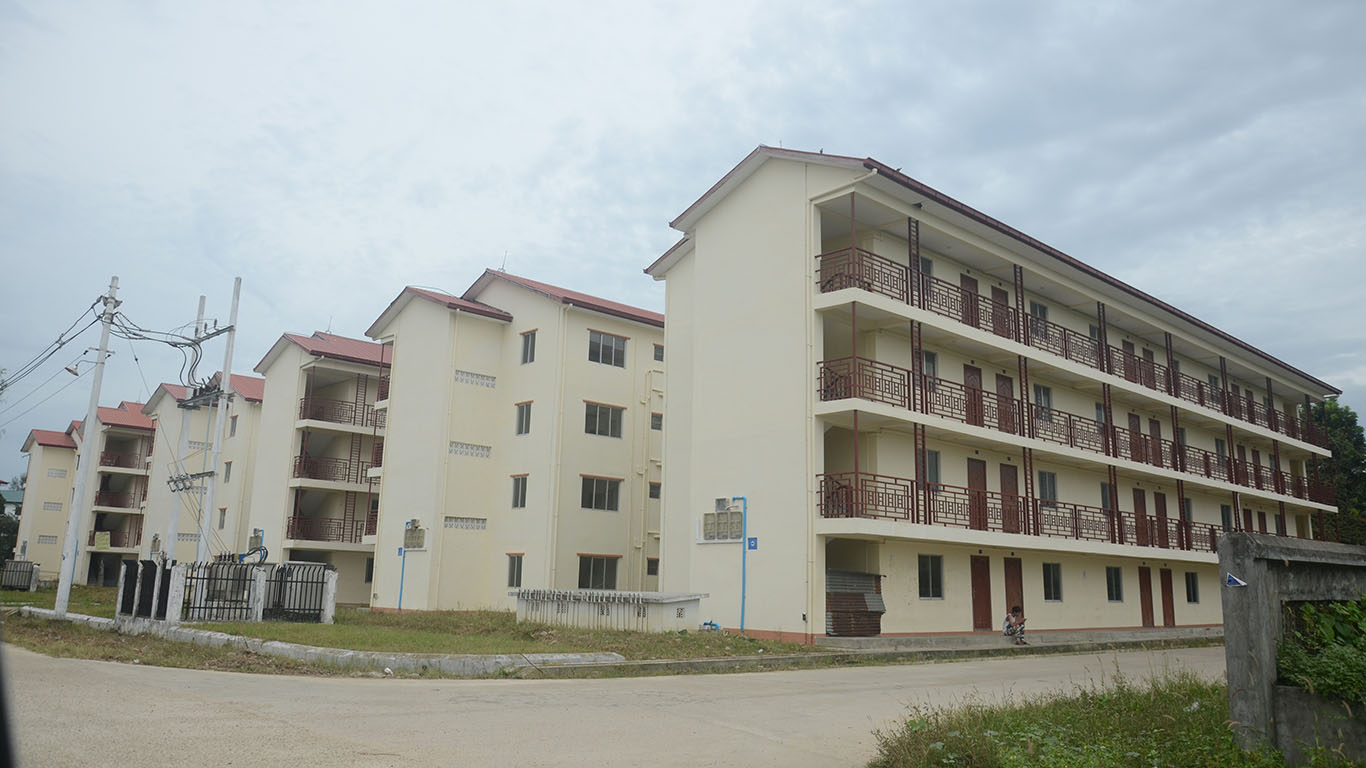EchoStone is currently eyeing the Kenyan market with its affordable housing programs. As a pioneer in their field, with a proven method of funding and unique technology, EchoStone represents a new class of developers and investors entering the regional market.
The Pan-African real estate investment landscape is shifting and we are witnessing growing private and institutional investment appetite for affordable housing, a case in point is Actis’, one of the world’s most significant emerging market private equity investors, recently announced multi-billion-shilling deal.
Also Read:Tanzania to construct 30,000 affordable houses
EchoStone’s business model is built on the establishment of a Joint Venture (JV) with a local and experienced developer, which then engages the State via the Public Private Partnership framework. Currently, the firm is earmarked to develop more than 200,000 homes in Lagos, Nigeria and came to regional attention after they delivered a two-bedroom flat in just 14 days in 2018 from scratch.
Formula driven approach
Anders Lindquist Co-founder of EchoStone Housing mentions that, while the timeline is impressive, the formula driven approach, tech and people enables the firm to develop at a truly massive and exponential scale. “We use a specific formula for rapid development of communities, and for example, if we placed nine machines, 96 sets of forms and 1,500 people on site, we could develop up to 330 homes of 64m2 size every two weeks,” he adds.
“The ability to develop rapidly is a byproduct of years of experience and investing millions of dollars in specialized tech. Our tech and computerized concrete factory, enables us to build 65m (high) and 200m (wide) units,” explains Lindquist.
Green building
Construction is proven to be one of the fastest injections of capital into the local economy, and one home has been proven to create five new jobs according to World Bank estimates; and while some proponents argue that Africa’s development and infrastructure needs should take priority over sustainability and green design, East Africa Property Investment (EAPI)’s host Klifr Rusin believes that building ‘green’ drives value and can unlock sources of alternative funding in the era of the UN’s Sustainable Development Goals (SDGs).

